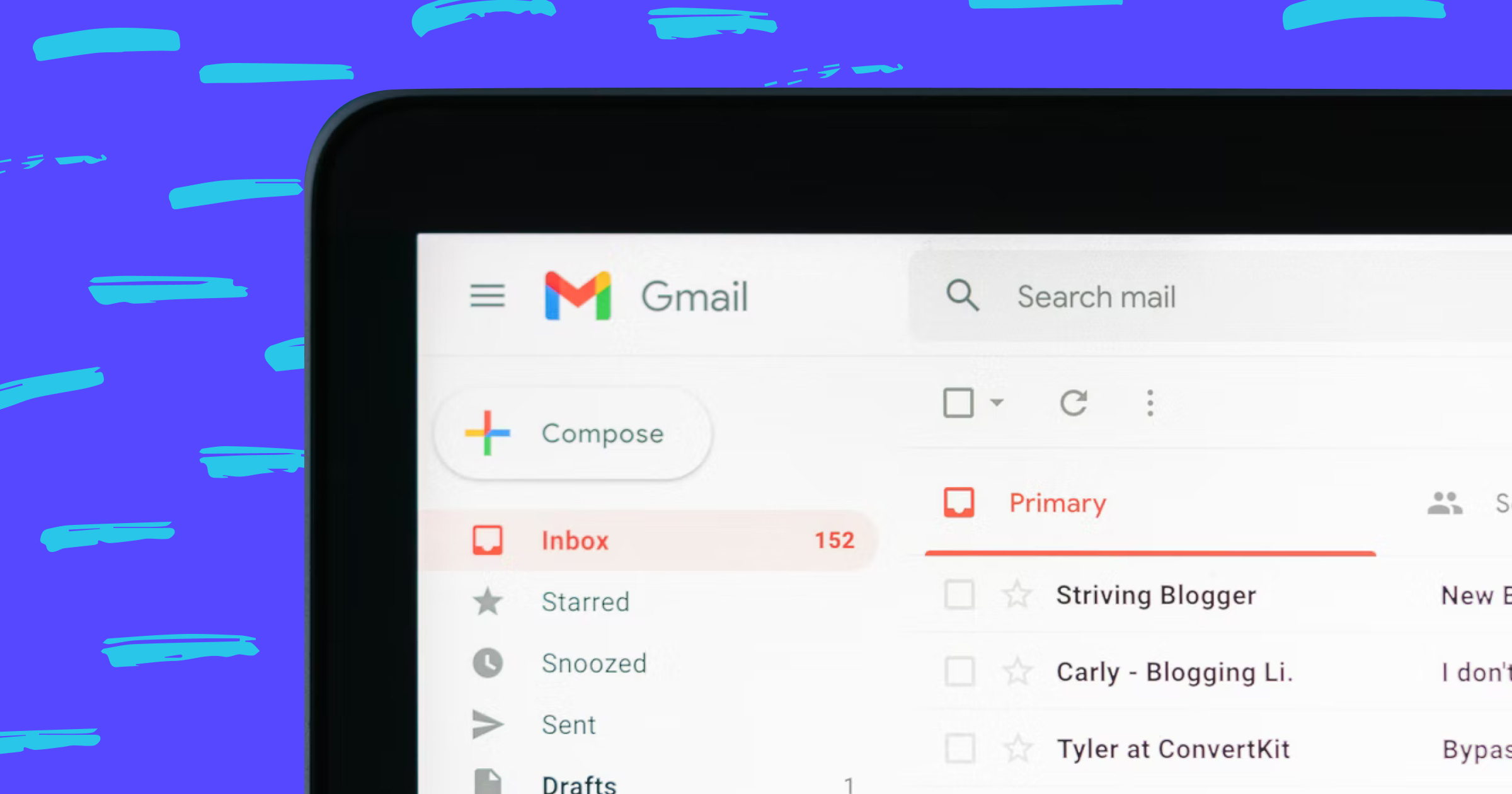The 7 biggest PR challenges for 2024 and beyond
Welcome to 2024! The world is on fire and the media landscape is more digital, more dynamic, and more maddening than ever.
Every industry has challenges. The construction industry has bad weather. The medical industry has supply shortages. The rap industry has Nicki Minaj.
But just because challenges are inevitable doesn't mean you can't prepare yourself. Knowing what's likely coming and planning the best way to tackle it will make you a better professional, PR, work bestie, and more.
So, without further ado, here are our predictions for 2024's biggest PR challenges in the industry based on the perspectives of some helpful industry experts.
From how AI will change the world of PR to other challenges, let's get to it!
Translate your press release in seconds with Prezly
Publish your press release with Prezly and translate it into 30+ languages with our integrated DeepL AI auto translation feature, available in your 14-day free trial.

Pitching to the media and gaining earned media coverage are two of the biggest jobs of any PR professional. But what happens when journalists are being laid off in droves?
In my opinion, one of the biggest PR challenges in 2024 is the widespread newsroom layoffs. Just this month alone – January 2024 – the LA Times laid off 20% of staff; TIME magazine laid off 15% of staff; Business Insider laid off 8%; pretty much all of Sports Illustrated has been cut. It’ll be interesting to see what pans out in February and onwards. But it’s not looking good, right?
We’re starting to see a dwindling number of reporters and a saturation of public relations agencies. I believe PR specialists now outnumber journalists 6 to 1. This disparity puts A LOT of pressure on us, because we have to be even more savvy and more strategic about how we pitch our clients’ stories. The competition is even more intense now.
I know a lot of my friends who work in this industry worry that PR will be doomed by a shortage of journalists. I myself try not to panic or look at it in a glass-half-empty sort of way. I look at all of this unfolding and believe 2024 will be the year we focus more efforts into relationship-building with the journalists who are still active.
– Natalia Buia, Founder @ Gold Candor PR
This is, obviously, a huge problem for the comms industry. PR saturation and media thinning mean high competition, tons of industry shortcutting, and an unbelievable amount of pressure put on PR people to garner media coverage that is more scarce than ever.
So, what inevitably happens? People start trying to use shortcuts to save time and be more competitive. This begets a downward spiral of lower-quality pitches, increased levels of spam, fractured industry relationships, loss of trust, and generally, the dark side.
Here are some tips for those of us looking to stay in the light:
.jpg)
Tired of getting no love from your media contacts? We got you.
More than ever, public relations professionals are expected to wear a million hats. This has always been true to a certain extent, but more so now than ever. It's no longer enough for publicists to get media coverage across all the different platforms. No, PR people have to be digital markers, product marketers, webmasters, crisis comms responders, content writers, social media managers… The list doesn't bloody end.
Unfortunately, this trend only seems to be increasing, not decreasing. Over 52% of PR respondents from last year's JHR State of PR report indicated that PR was, in fact, getting harder (with less than 14% indicating that things are getting less difficult, which is still quite a big number of people who are in denial).
For some interesting discourse on the state of PR, check out (or even participate in) these Reddit threads:
- I can't tell if I'm emotionally burnt out or that I've lost interest in PR. Thoughts?
- The True Culprit for Burn Out in PR
- Has anyone struggled with extreme burnout because of PR job?
There are ways you can manage and mitigate the intense pressure of being in a high-stress, reactive, constantly changing industry. But even with self-care, good boundaries, and other work/life balance hacks, it doesn't necessarily change the nature of PR in 2024 (which is monstrously stressful).
Public relations is all about capturing and maintaining the attention of journalists and consumers long enough to get eyes on your or your client's brand. Unfortunately, all of our brains have been liquefied by short-form media content like TikTok and "X".
Today's consumers lose interest far too quickly. On TikTok alone, trends quickly become popular, and everyone joins in for a week until a new trend comes up, and people switch to it. We marketers face a big problem because of this: how can you compete or keep up with short attention spans like these?
I think this has become a more common issue in recent years because we are constantly flooded with stimuli and information. Our willingness to spend time on things that don't instantly make us happy or satisfied has dropped because we have more and better options available for almost anything. We can't focus long enough since there's so much information around.
Therefore, marketers today are responsible for not just getting people to notice their content, but also keeping people's attention long enough to get them to act in a way that's beneficial.
– Anna Parvatova, Brand Manager and Creative Director @ SNS Nails
This means we're constantly having to rethink things like press releases and how we connect with audiences. It's not enough to just present your brand in the best light and hope for it to reach the right audience. No, you have to constantly think about "going viral" and crafting the best PR stunt possible.
Because attention spans are shorter and competition is higher, this puts a lot of pressure on PR folks and creatives to be constantly throwing things at the wall to see what sticks.
Prezly – software for modern PR teams
Write & publish brand stories in an online newsroom
Send email campaigns, pitches & newsletters
Manage all your contacts in a single CRM, with easy import & export
Measure performance with analytics & built-in media monitoring

Unless you have been unwittingly (or let's face it, wittingly) marooned on a desert island for the last year and a half, you probably know that artificial intelligence has completely taken over the communications conversation in a variety of productive (and incredibly unproductive) ways.
Unfortunately, many people are attempting to take on communications and creative roles with the expectation that generative AI is sufficient enough to replace actual strategic public relations and human wordsmiths. Anyone can call themselves a "digital marketing expert" or a "communications strategist" and heavily rely on things like ChatGPT to fill in their linguistic gaps. Many PR agencies have embraced software like AI though.
Those in the industry are seeing this more and more. Realistically, "people trying to do your job badly" doesn't seem like it should be that big of a deal to the consummate professionals who are actually doing the work. However, when bonafide PR folks have to compete with a thousand other people calling themselves communications professionals while attempting to leverage artificial intelligence to legitimize themselves? It's a huge time-sink for everybody.
As we venture further into 2024, we find ourselves in what can only be described as the AI Wild West – a landscape where the emergence of automation tools in public relations and communications has become a game-changer. While these tools offer unprecedented capabilities in content creation and data analysis, there's a growing misconception that the art of PR can be fully automated, rendering the human expertise of PR professionals redundant.
But there's a crucial element AI can't replace: the unique insight and creativity of PR professionals.
AI has made content creation faster and more accessible, however, it lacks the personal finesse and deep industry knowledge that PR pros possess. These professionals understand not just how to craft a message, but how to tailor it to resonate with specific journalists and publications. We navigate the subtleties of language, the intricacies of different media, and the unique preferences of individual journalists, ensuring that every pitch stands out in an inbox overflowing with AI-generated content.
In 2024, it's crucial to recognize the value that PR professionals bring to the table and the real challenge is blending AI's capabilities with our strategic thinking and industry insights.
This synergy between AI and human expertise sets apart impactful PR work. It's a balance of technology and the irreplaceable human element – creativity, intuition, and personal relationships. Our role is evolving, but far from diminishing.
– Safia Zoghlami, Head of Communications @ Spendesk
When attempting to use the many, many AI tools available to bolster PR efforts, it's imperative that industry professionals continue putting their strategic expertise at the forefront in order to differentiate themselves. And if your press releases and email pitches sound exactly like some random "Digital Marketing Link-Building Agency CEO/COO/Founder Marketing Tech Ninja" who is attempting to garner the same earned media coverage? You're doing something wrong.
(Psst! If you're interested in staying on top of AI developments through a candid comms commentary, try following Chris Penn on LinkedIn. The man's a goldmine.)

The best PR agencies need the best tools. We scoured the internet (and asked some PR pros) to compile this beefy list of the top tools for PR firms.
Journalists are harder to connect with than ever, thanks in large part to the aforementioned industry volatility and layoffs. Not only are they stretched incredibly thin, many of them have gone freelance, worked at multiple outlets, or changed outlets on a far more regular basis than in generations past.
One of the biggest issues faced by PR professionals at the moment is actually building and maintaining relationships.
Journalists move around a lot more, with many focusing on multiple topics, meaning that having that "one connection" is no longer always the best option so comms professionals are having to broaden their network. This also means that the art of the "cold pitch" is more important than ever, as PRs cannot rely on getting placements from those whom they know.
– Charlotte Sheridan, Founder @ Quokka Agency
You can spend months or even years building a mutually beneficial relationship with a journalist – only for them to completely disappear, switch publications, or even hurl their quill out the window and leave the industry altogether. (One of many reasons why tools that sell media lists are becoming less and less relevant.) Because those media relations are so incredibly important to good PR, it makes sense why the lack of consistent journalist relations is a unique and growing challenge for the average comms pro.

If you're reading this in 2024, you know that the economic situation is… tense right now. If you're not reading this in 2024, I assume you have a time machine and would like you to visit me, please. I need to borrow it.
Anyway, the unfortunate reality is that when budgets get squeezed, comms is often the first to go.
Given the global situation, organizations grappling with private crises often cut marketing budgets. Paradoxically, during such circumstances a strategic approach is vital.
Instead of succumbing to budget reductions, modern marketing professionals must advocate for the strategic importance of their roles.
Demonstrating the value of effective communication during crises is imperative, emphasizing that strategic marketing efforts can play a pivotal role in navigating challenges and maintaining brand resilience.
– Alexander Kuznetsov, Digital Reputation Expert and Managing Partner @ RCheckUP
This puts even more pressure on communications professionals to streamline, prove their worth, and prepare for the worst.

And before you ask, no, PR tactics aren't a strategy.
Getting comfortable and doing things the way you've always done them is almost impossible these days. PR and comms folks are constantly having to adapt as technology, journalism, and the internet evolve. Thankfully, this isn't necessarily a bad thing. There are a ton of new and useful tools for getting your job done, as long as you're open to embracing them.
Getting organized and automating tasks is a key way to get your time back so that you can manage all of the other things that need to get done. Using technology is a must to improve your work and free up your time.
If you feel like there could be a smarter way, there probably is. From contact management to media monitoring to PR tracking analytics, there is a world of fab tools out there!
Check out this list we put together:
All the challenges you face can be made easier by leaning into PR tech and working smarter so you can keep up with your PR.
There are a lot of challenges in the PR industry, but don't throw in the towel just yet. As journalists, consumers, and brands are having to navigate all of these incredibly complicated and challenging issues, investing in quality public relations is more important than ever.
If you're looking for an all-in-one PR tool to build and sustain connections with the media, maintain a gorgeous, integrated, multilingual newsroom, and send high-quality email campaigns – why not try Prezly? Sign up now for a free, no-credit-card-required, 14-day trial to see if it's the perfect sidekick for your 2024 media relations needs.
Prezly – software for modern PR teams
Write & publish brand stories in an online newsroom
Send email campaigns, pitches & newsletters
Manage all your contacts in a single CRM, with easy import & export
Measure performance with analytics & built-in media monitoring

Updated 01/2024
Start earning more media coverage, free for 14 days
Try Prezly for free now and then keep using it for only $90/month.